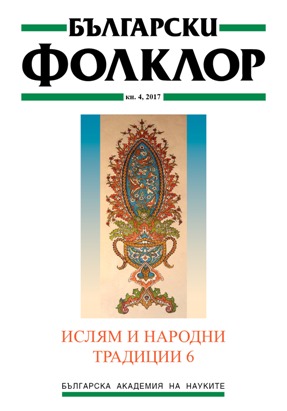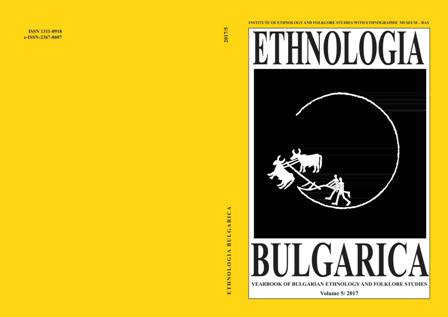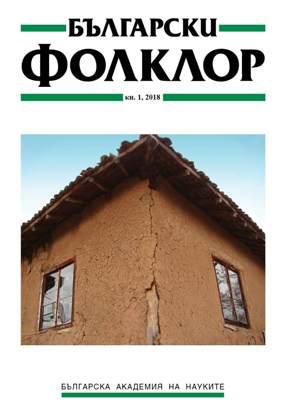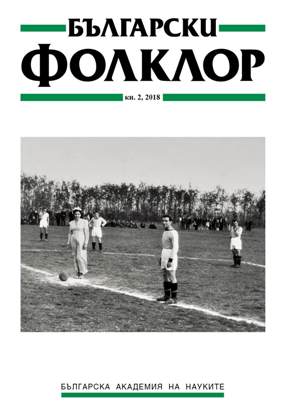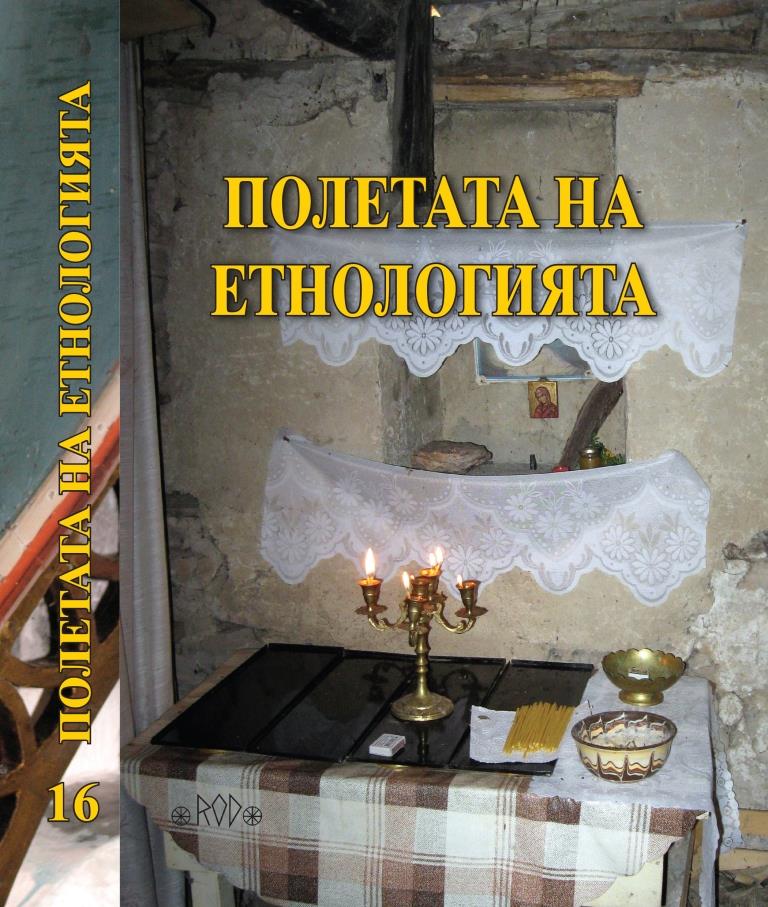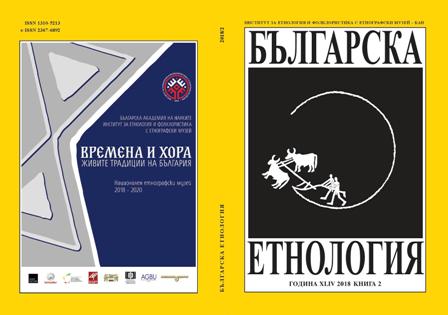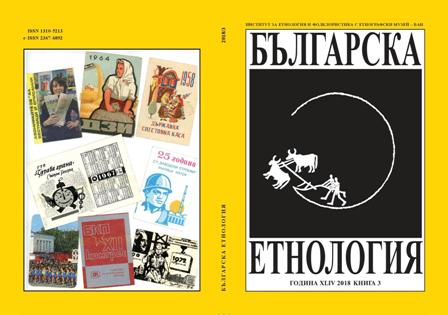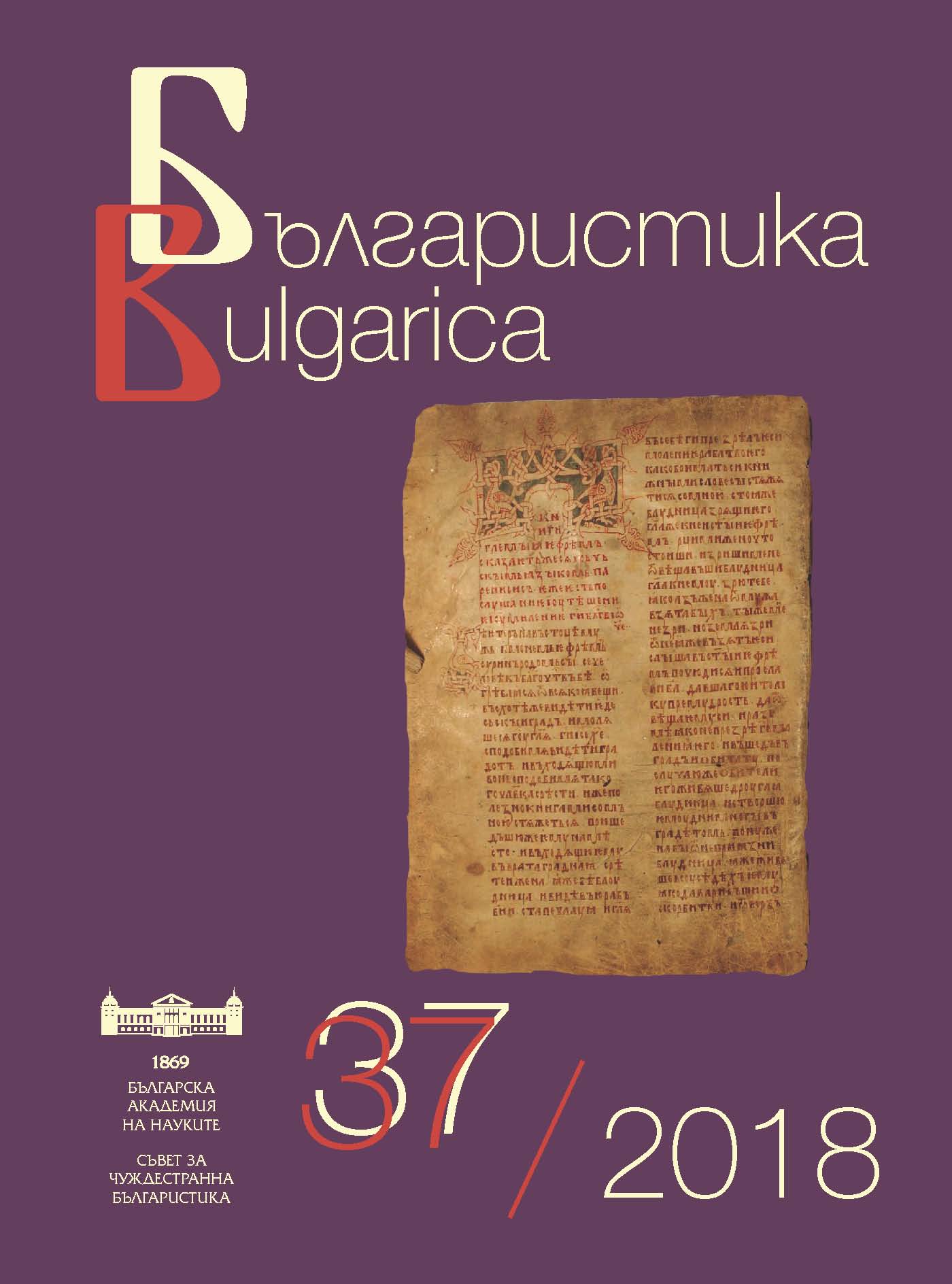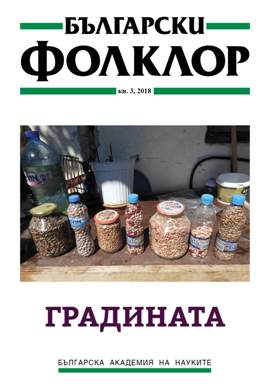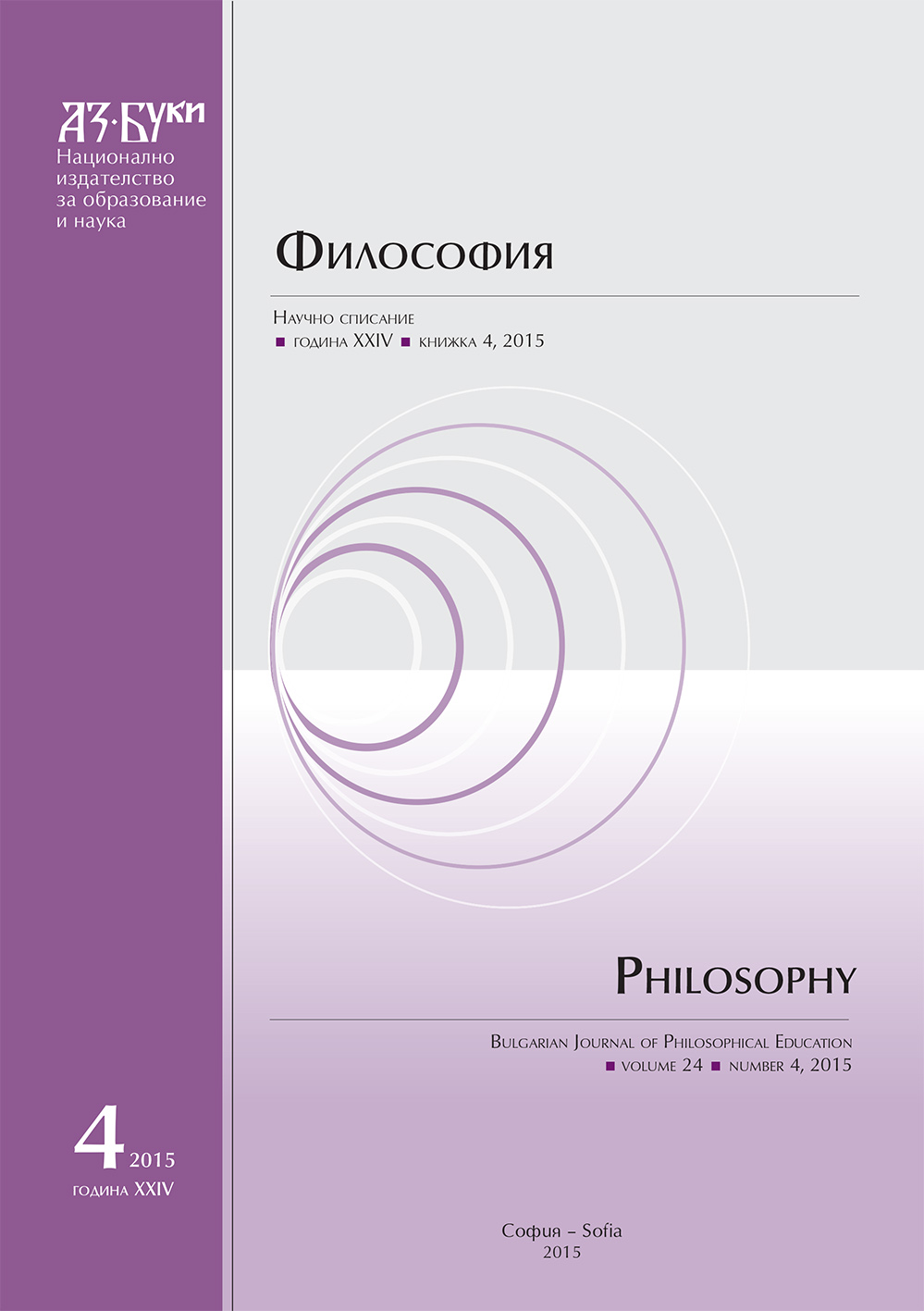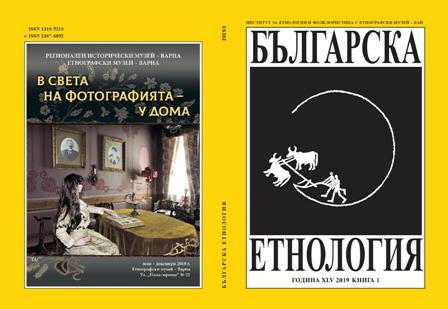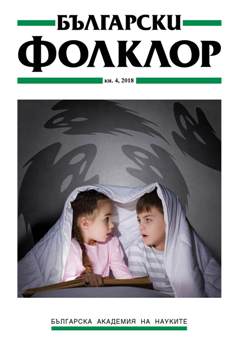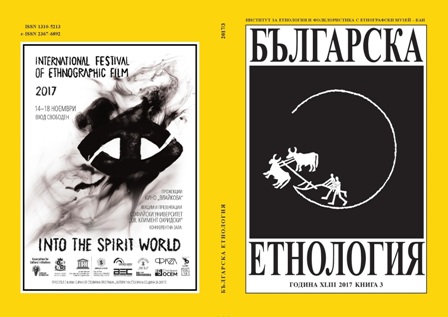
Абитуриентският бал в Пернишко – символи, джендър (полови) специфики и стереотипи
The following article is based on a research on the prom night in Pernik region, Bulgaria. Some of the main problems illustrated in the article are related to the different ideas about the preparations for the prom. The main accents are the male and female points of view as well as the stereotypes deriving from the gender differences. The society perceives this phenomenon mainly as a female ritual, thus one of the main goals of the study is to show that the prom night is as important to the boys as it is to the girls. The article will focus on the gender specifics and the symbols typical of the ritual behaviour of the participants. Thus, we can understand the reasons behind the seniors’ practices during this celebration.
More...
